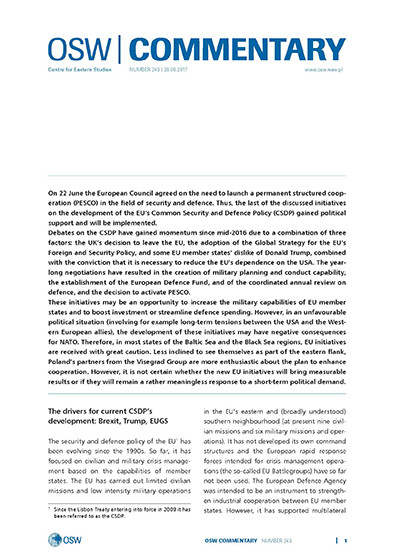The Iasi-Ungheni pipeline: a means of achieving energy independence from Russia? Moldova’s attempts at gas supply diversification
The Iasi-Ungheni pipeline: a means of achieving energy independence from Russia? Moldova’s attempts at gas supply diversification
Author(s): Kamil Całus
Subject(s): Energy and Environmental Studies, Economic policy, Developing nations, Geopolitics
Published by: OSW Ośrodek Studiów Wschodnich im. Marka Karpia
Keywords: Iasi-Ungheni pipeline; Russia; Moldova; gas supply diversification
Summary/Abstract: Since taking power in 2009, the Alliance for European Integration (AIE) has been trying to end Moldova’s dependence on Russian gas. Currently, natural gas accounts for about 50% of the country’s energy balance (excluding Transnistria), and Gazprom has a monopoly on the supply of gas to the republic. The key element of Chișinău’s diversification project is the construction of the Iasi-Ungheni pipeline, which is designed to link the Moldovan and Romanian gas transmission networks, and consequently make it possible for Moldova to purchase gas from countries other than Russia. Despite significant delays, construction work on the interconnector began in August 2013. The Moldovan government sees ensuring energy independence from Russia as its top priority. The significance and urgency of the project reflect Chișinău’s frustration at Moscow’s continued attempts to use its monopoly of Moldova’s energy sector to exert political pressure on the republic.
Series: OSW Commentary
- Page Count: 7
- Publication Year: 2013
- Language: English
- Content File-PDF

